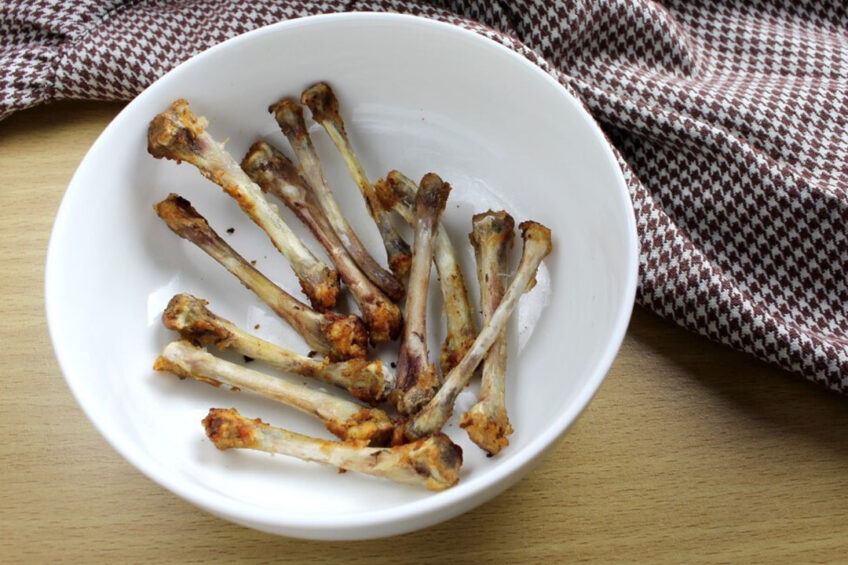Transforming poultry farming through radiology

Live hen analysis of bone density could provide poultry breeders with a reliable and efficient way to inform the selection of laying hens.
Scientists at the Roslin Institute, Edinburgh, have developed a digital x-ray procedure that can deliver reliable, reproducible results in less than a minute.
Risk of fractures
Such analysis can enable breeders to work out which types of birds are at risk of fractures from biological changes linked with laying hens.
Recent advances in digital x-ray technology have enabled researchers to develop their technique to capture and interpret images relating to bone density. Their approach was validated by comparing results from chicken x-rays with those from analysis of chicken leg bones.
The procedure, which takes about 45 seconds, offers a practical alternative to conventional imaging techniques such as Dual-energy X-ray Absorptiometry, Digitised Fluoroscopy and CT scans.
Strong bones offer improved health and reduced risk of fractures in birds that have freedom to move around their environment. The keel bone, or sternum, of hens is particularly prone to damage and previous research by the same team has shown that leg bone density is genetically related to that of the keel bone, and to fracture risk.
They say a practical way to measure bone density could also help reduce the number of animals needed for research into nutritional and management aids for bone health.
Breeding for bone quality
Commenting on the research findings, Professor Ian Dunn, chair of Avian Biology at the Roslin Institute, said: “For many decades, poultry breeders have chosen which birds to breed according to a mix of many factors, but it has not been possible to account for bone quality in live hens, and a practical method of measuring bone quality in hens has been unavailable.”
Dunn added: “Our method represents a major development to aid selection towards improving bone strength and health and welfare in laying hens.”
The study, published in British Poultry Science, was supported by the Foundation for Food and Agriculture Research.








